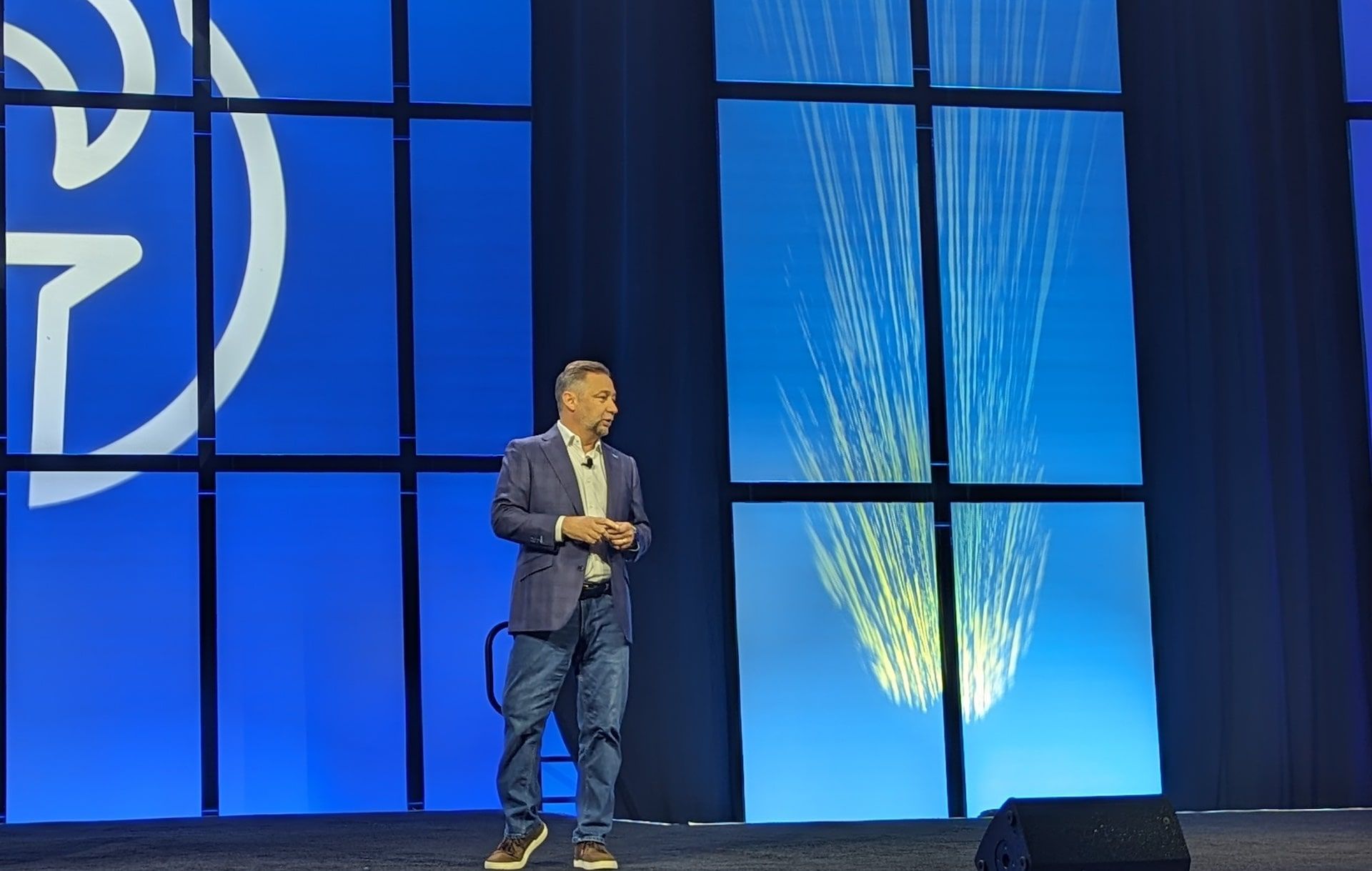It sounds glamorous, lucrative and downright fun for an MSP business owner: You build a successful recurring revenue business; attract a few buyers; and then sell the business for a healthy sum.
Indeed, you've just unlocked the full value of your managed IT services provider (MSP) company -- transforming that equity into financial freedom for you and your family. Awesome.
If only it was that easy. ChannelE2E has covered more than 500 MSP mergers, acquisitions, investments and exits since our site launched in September 2015. There's one common thread across nearly every deal: The exit process is far more challenging than most CEOs expect.
The sharpest CEOs have their MSP house in order -- finances, service catalogs, talent, etc. -- before entertaining an M&A journey. But even those executives face a stunning reality when attempting to sell their business. Suddenly, the CEO job turns into three full-time positions:
- Running your business.
- Meeting with prospective buyers for breakfast, lunch and dinner to pitch your business (and find 'good fit' buyers for your company).
- Managing due diligence.
My business partner, Amy Katz, successfully managed those three items when we sold our previous business in 2011. It was a ton of work for her, with an assist from an M&A advisor. Fortunately, our business was a relatively straightforward IT media company. Not a complex MSP with interconnected business and technology systems.
MSP Due Diligence: This May Cause Some Pain
Today's MSPs face unprecedented levels of Due Diligence. And for good reason. Buyers certainly crave recurring revenues and EBITDA profit margins. But that's not good enough. Buyers increasingly focus on quality of earnings -- raising key questions along the way:
- Who are the customers?
- In which vertical markets and geographies?
- Does too much of the revenue come from too few companies?
- What's the churn?
- And so much more.
No doubt, we remain in a healthy M&A market for sellers. And buyers. Pure demographics (age of business owner, etc.) suggest that the small business M&A wave will continue to grow through 2022 or so.
Still, there are signs of concern on the M&A horizon:
- Everyone claims to be an MSP these days -- and that has some folks suggesting that MSPs are dead.
- Private equity firms are struggling to find large, highly profitable MSPs that can be 'platforms' upon which to layer additional MSP buyouts.
- Buyers are beginning to understand that scaling an MSP is far more difficult than scaling a SaaS business.
- Technology companies that recently missed their earnings targets or forecasts have been absolutely hammered on Wall Street -- raising fresh questions about the overall IT market, and an emerging winner-take-all scenario involving AWS and Microsoft Azure.
- And a new Pepperdine University survey suggests the market for small business buyouts is starting to cool off.
Amid all that, I remain a "glass-half-full" type of guy for MSPs.
MSP Mergers and Acquisitions: I'm Forever Optimistic
This is America. There's never a bad time to build a business in this country. We built our previous business during the great financial recession and did plenty well. Buyers are always willing to pay a premium for quality -- though the actual multiple may vary based on broader market health.
The entrepreneurs and investors around me also reinforce my eternal optimism. Earlier this week, I attended an Entrepreneurs Roundtable Accelerator (ERA) meeting in Manhattan. Five CEOs pitched their startup businesses to John Frankel of ff Venture Capital. At one point, a 20-year-old entrepreneur asked Frankel for advice on being young and starting a business.
Frankel's response, paraphrased:
- This country -- the United States -- allows and rewards big dreams. So dream big.
- Treat your future 60-year-old body well.

I think Frankel's advice applies to any entrepreneur of any age -- since it essentially says think long-term both personally and professionally; think big; and plan accordingly.
And when it comes time to consider an exit, I'd offer this: Treat the sale process as a marathon and not a sprint. Make sure your business house is in order before beginning the marathon. And hire experts -- accountants, attorneys, bankers, etc -- to assist with the heavy lifting.
You've already got a full time job. Expanding that to three full time jobs ain't easy. But I firmly believe it's still possible to Dream Big. Execute Big. And Exit Big.
If you're on the journey I wish you all the best.
-jp




